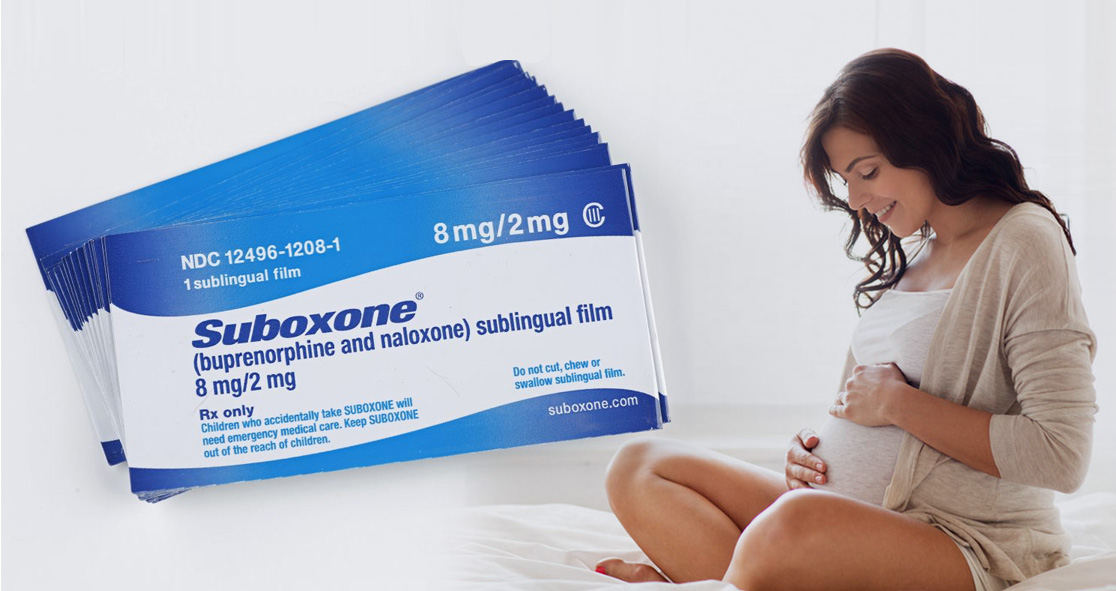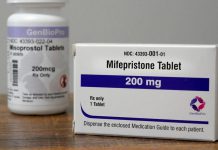Suboxone is a combination of buprenorphine and naloxone – the drugs used for the treatment of opioid dependence. It is a prescription-only medicine recommended to relieve pain and manage narcotic addiction.
Buprenorphine is an opioid partial agonist and naloxone is an opioid antagonist. Several studies have shown that Suboxone is effective at reducing opioid misuse and keeping people with opioid dependence in treatment over a period of 24 weeks.
Suboxone is a controlled substance. In the United States, this medication belongs to a schedule three (III) prescription drug, meaning it may cause physical or psychological dependence and subjected to be abused.
Doctors can only prescribe Suboxone for opioid dependence after receiving special training and certification through the U.S. federal government, according to Medical News Today.
Can you take Suboxone during pregnancy?
The U.S. Food and Drug Administration (FDA) classifies Suboxone as category C under pregnancy risk.
The C category of drugs indicates that there is not enough research on human subjects for the agency to consider Suboxone as completely safe for use during pregnancy, according to The Recovery Village Alcohol and Drug Rehab, which delivers comprehensive treatment services for substance abuse and co-occurring mental health disorders.
Currently, there is no comprehensive research on the safety of Suboxone for pregnant women. However, according to the updated 2020 guidelines from the American Society for Addiction Medicine, the drug is frequently used and has been considered safe and effective for use in pregnant women. Many experts have acknowledged that further research is warranted.
If pregnant women do not get treatment for an opioid use disorder and continue to abuse opioids during pregnancy, there are risks involved for both the mother and the unborn child, according to the American Addiction Centers (AAC).
For pregnant women, opioid overdose is a major cause of concern, as they are putting themselves and their unborn babies at risk. Babies born to mothers with opioid use disorder are at risk for premature birth, stillbirth, low birth weight, and potential developmental delays later on. Neonatal abstinence syndrome (NAS) is also one of the major concerns.
NAS is a treatable condition. Doctors typically use either buprenorphine or methadone in tapered doses to help the infant overcome NAS symptoms, according to AAC.
If a woman wants to take Suboxone while she is pregnant, she should first see her doctor who will be able to determine whether the benefits of the drug outweigh the risks in their specific situation.
The U.S. Centers for Disease Control and Prevention (CDC) has reported that pregnant women who use opioid addiction drugs like Suboxone may put their babies at risk for birth defects, such as hydrocephaly, glaucoma, congenital heart defects, spina bifida, or gastroschisis. Due to the risk of these birth defects, experts suggest using Suboxone during pregnancy only if a doctor prescribes the drug.























